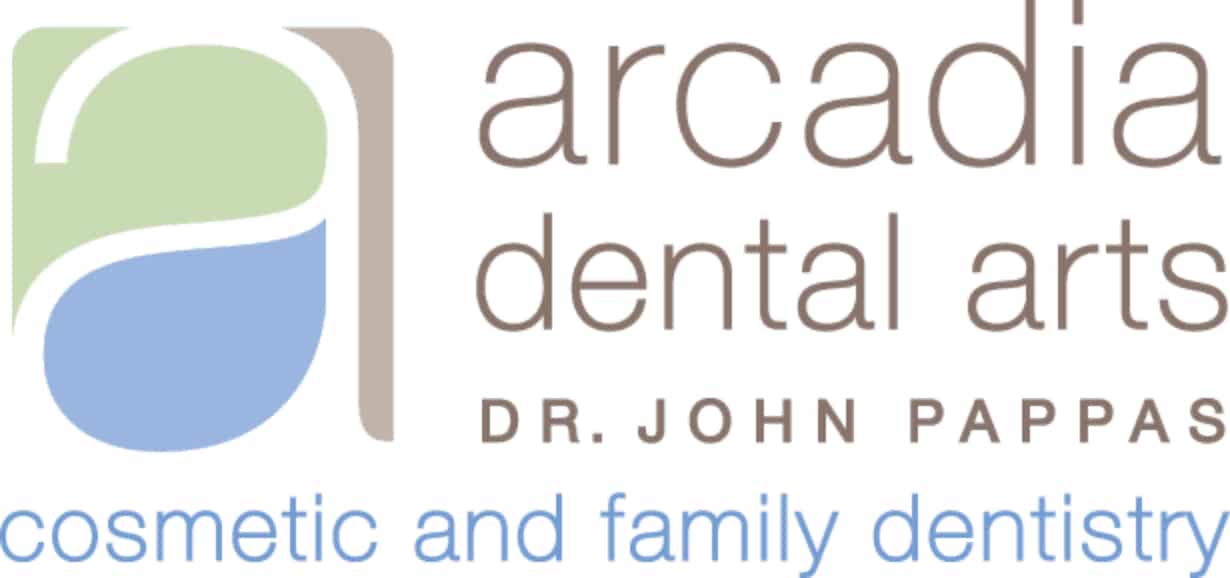New research published in the journal EBioMedicine reports that some children may have a higher risk than others for developing caries, also known as tooth decay or cavity, because they carry particularly severe and destructive variants of the Streptococcus mutans bacterium that is responsible for decay. The research team from Umea University in Sweden conducted a five-year study that monitored the oral health and saliva from a large number of children.
These children were much more likely to develop decay regardless of their lifestyle in regards to diet and oral hygiene. These variants are particularly concerning because of their unique adhesive capabilities that help them survive longer than normal, even against the antibacterial properties of saliva. Of the study sample, one in five children were high risk and did not respond to traditional preventative or treatment methods for tooth decay.
Childhood Caries a Common Chronic Disease Worldwide
The American Dental Association defines early childhood caries as one or more decayed, missing or filled primary teeth in children from birth to 71 months, or just under 6 years, old.
A lot of parents believe caring for baby teeth is low priority, according to Dr. John Pappas, DDS, of Arcadia Dental Arts in Phoenix, Arizona.
“Since they’re not permanent, taking care of primary teeth is often overlooked. One of the many problems with this is that decay in primary teeth can affect permanent teeth,” he said.
According to the Centers for Disease Control and Prevention, approximately 37 percent of 2- to 8-year-old children have dental decay in primary teeth. This is due in large part to poor oral hygiene and nutritional challenges associated with high-sugar diets, according to Pappas.
“The three biggest problems that can affect permanent teeth are infection, early tooth loss and bad habits in oral hygiene,” he said.
Infection From Childhood Tooth Decay
Tooth decay is caused by bacteria in the mouth, and that bacteria can make oral conditions worse if left untreated. If a cavity is left untreated long enough, it can cause serious infection, called an abscess, under the tooth. It can be extremely painful and requires immediate care that could include tooth extraction if the infection becomes too serious.
Early Tooth Loss Due to Childhood Caries
When a tooth is lost due to decay in childhood, it creates an empty space long before the permanent tooth is ready to erupt. When there is a space in the mouth, the body’s natural reaction is to shift teeth to fill the space. When this happens, there often isn’t enough room for the permanent tooth once it is ready to emerge from the gums. Teeth may come in crowded and out of alignment, which can lead to harder-to-clean teeth, misaligned teeth and jaws, and years of dental and orthodontic treatments.
Bad Habits in Childhood Oral Hygiene
Bad habits developed in childhood often become big problems in adulthood.
“When an emphasis is not placed on proper brushing, flossing and professional dental visits during childhood, it just makes sense that these same children will grow into adults who don’t see the value in it until it’s too late,” said Pappas.
The American Dental Academy recommends brushing teeth and visiting a dentist as soon as the first tooth erupts and no later than a child’s first birthday. Parents may question the value of a dental visit when their child has just one tooth, but dentists like Pappas believe it sets kids up for a lifetime of healthy habits and gets them comfortable with the idea of the dentist.
“We definitely see the difference in terms of healthier mouths and healthier positive feelings toward oral care and dental visits in kids that started coming very young versus those who never saw a dentist until there was something wrong,” said Pappas. “It’s about healthy habits during the most formative years of a child’s life.”




